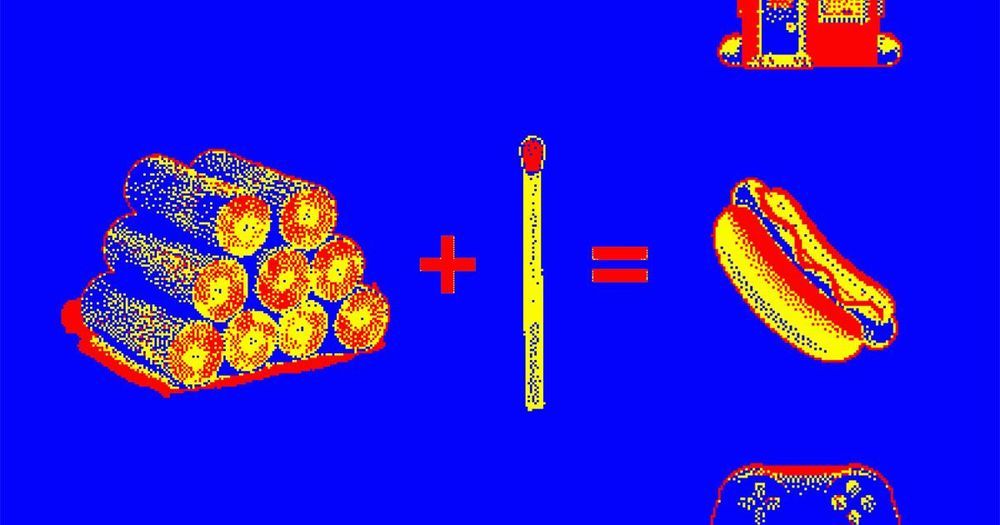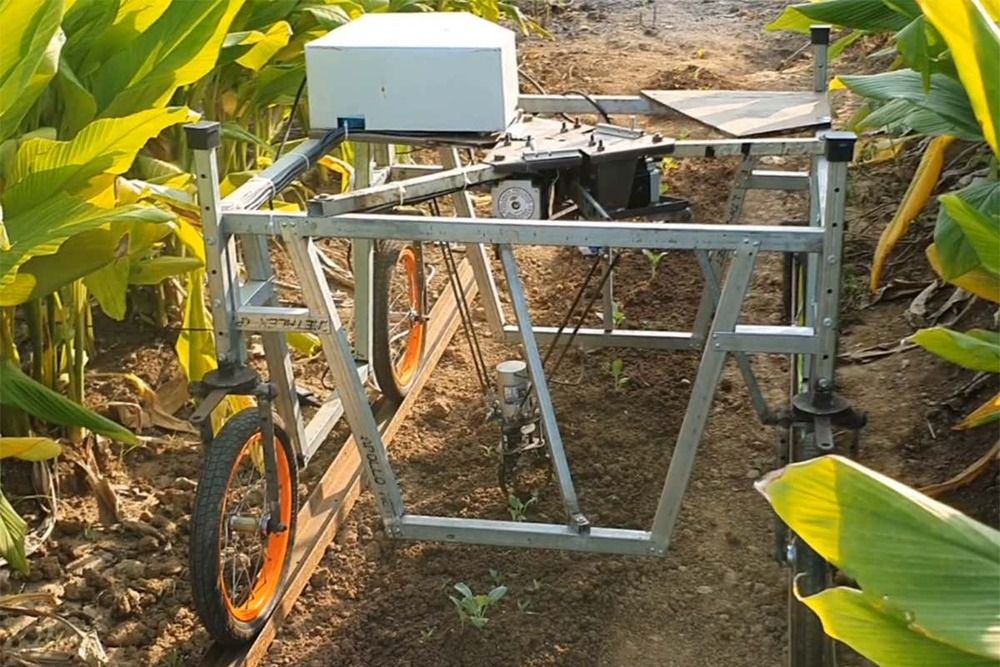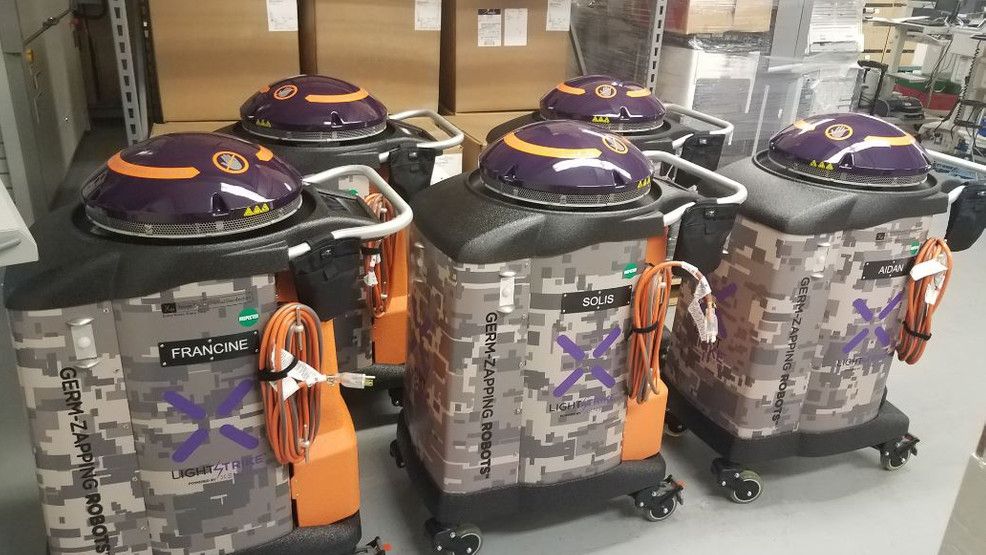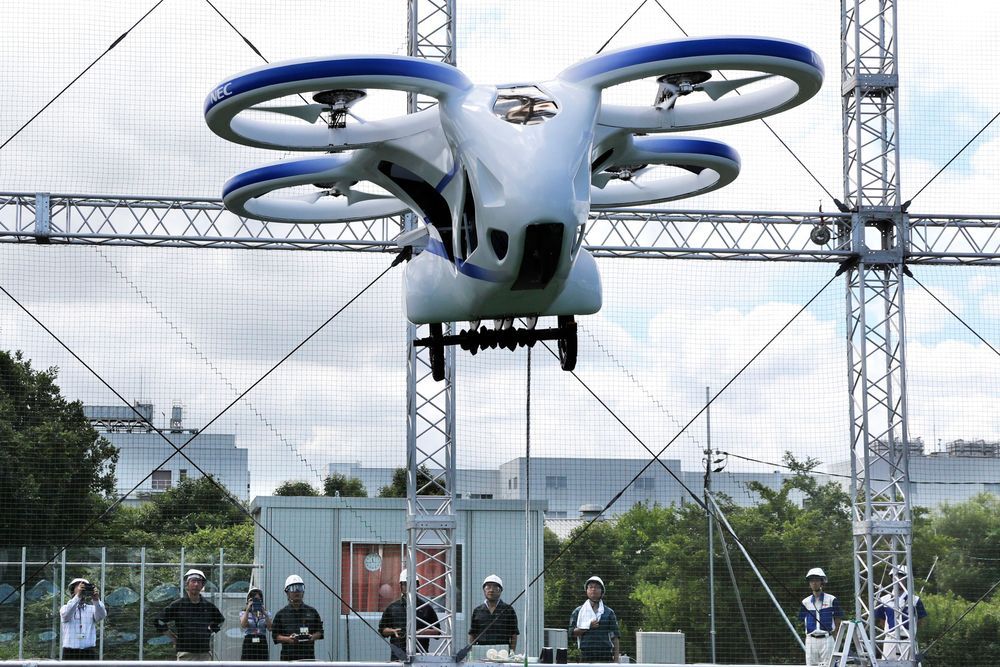Researchers at Technische Universität München in Germany have recently developed an electronic skin that could help to reproduce the human sense of touch in robots. This e-skin, presented in a paper published in MDPI’s Sensors journal, requires far less computational power than other existing e-skins and can thus be applied to larger portions of a robot’s body.
“Our main motivation for developing the e-skin stems from nature and is centered on the question of how we humans interact with our surrounding environment,” Florian Bergner, one of the researchers who carried out the study, told TechXplore. “While humans predominantly depend on vision, our sense of touch is important as soon as contacts are involved in interactions. We believe that giving robots a sense of touch can extend the range of interactions between robots and humans—making robots more collaborative, safe and effective.”
Bergner and other researchers led by Prof. Gordon Cheng have been developing e-skins for approximately ten years now. Initially, they tried to realize e-skin systems with multi-modal sensing capabilities resembling those of human skin. In other words, they tried to create an artificial skin that could sense light touch, pressure, temperature, and vibrations, while effectively distributing its sensing across different places where tactile interactions occurred.






